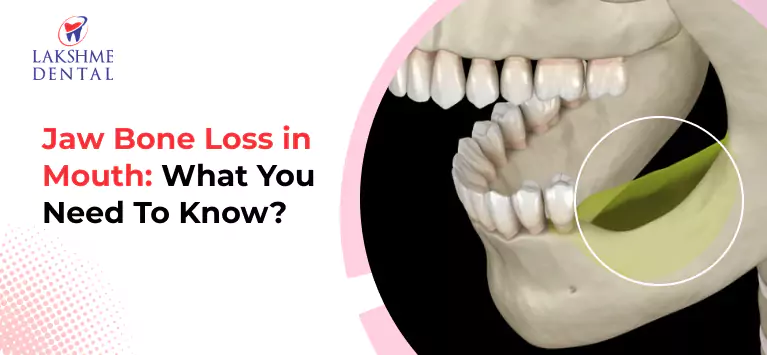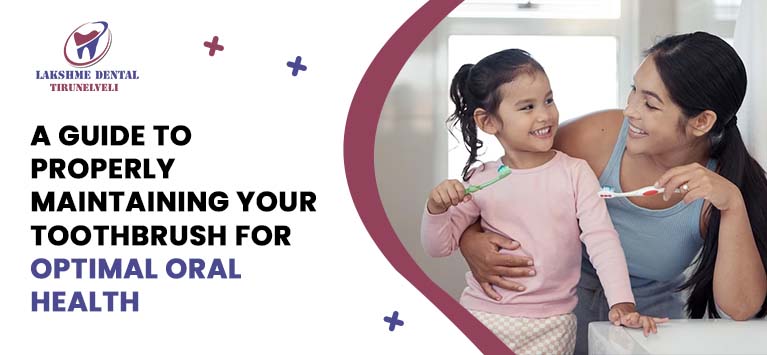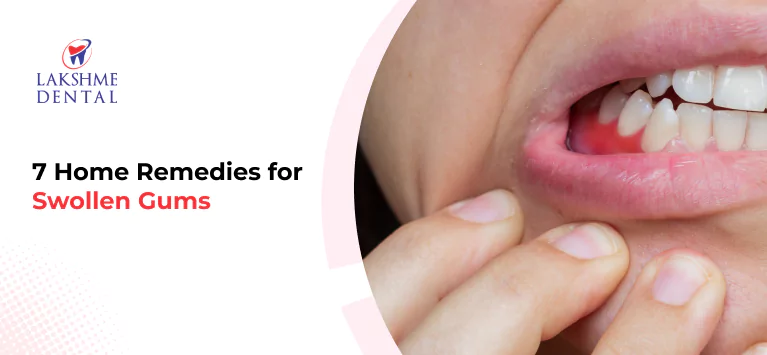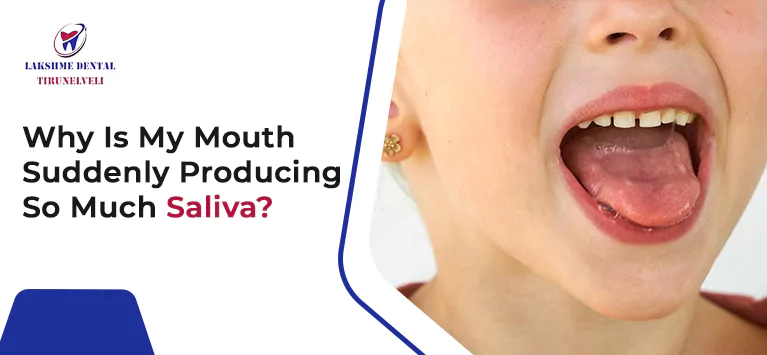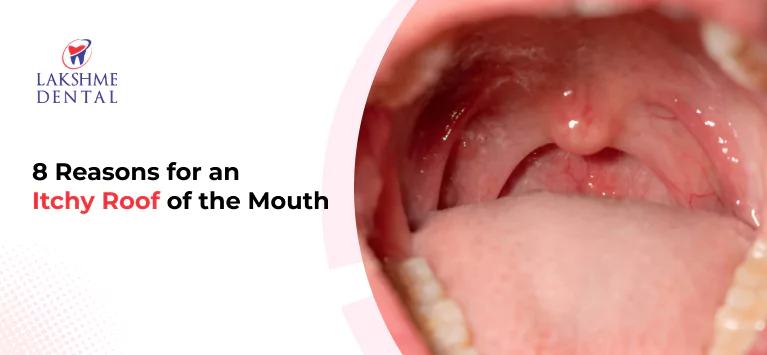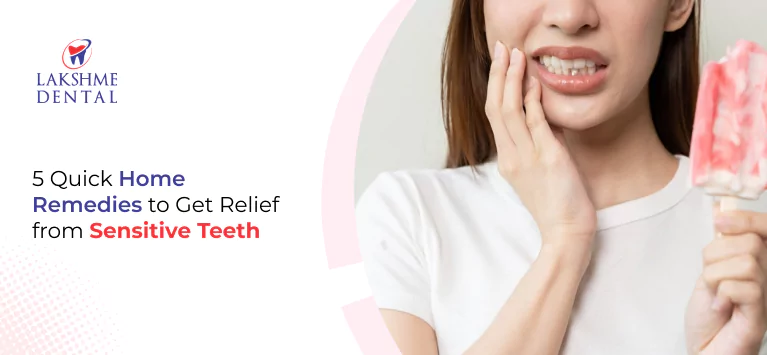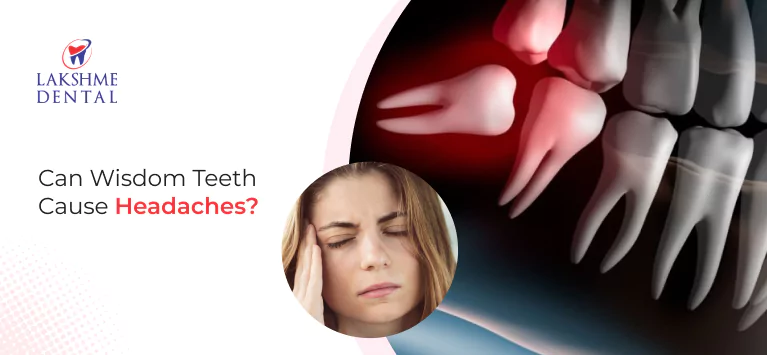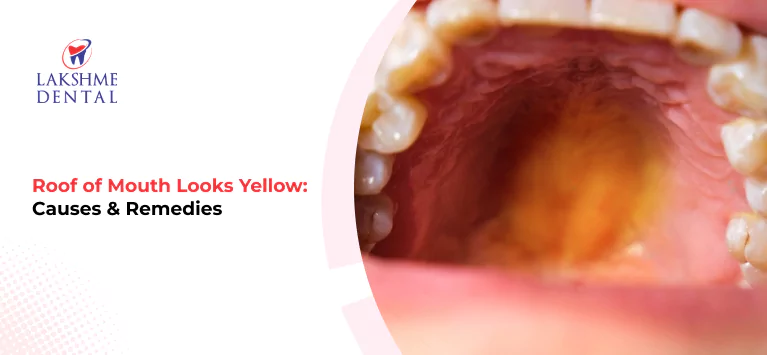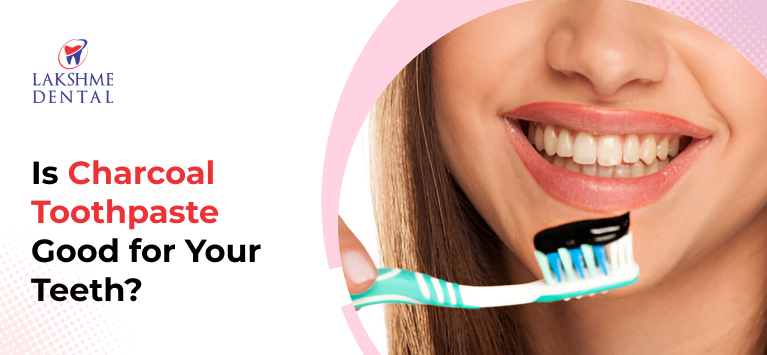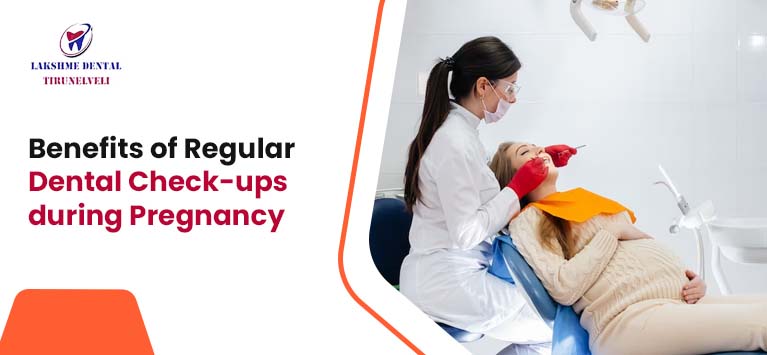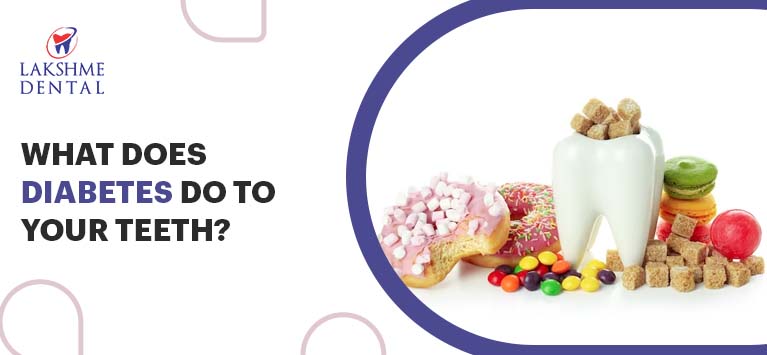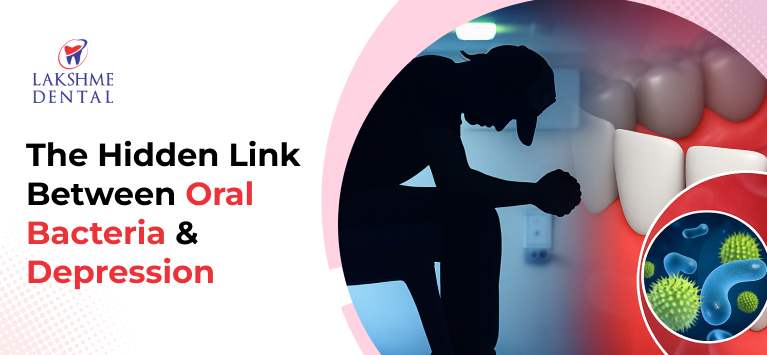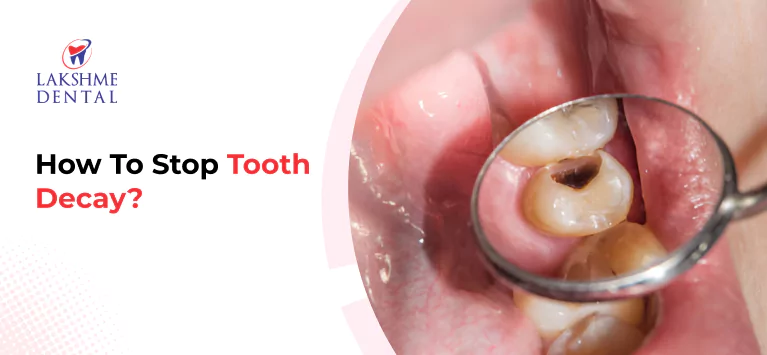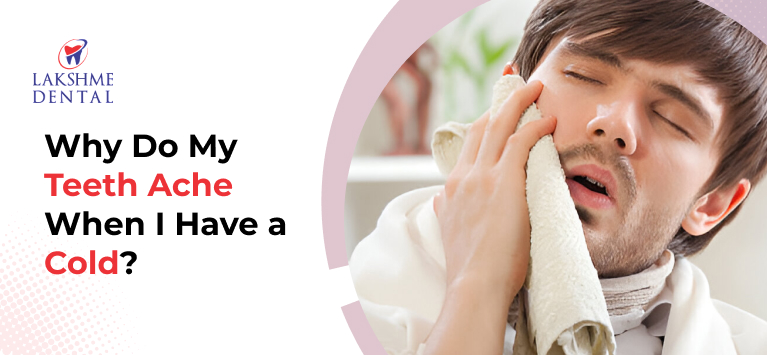
Why Do My Teeth Ache When I Have a Cold?
Key Facts
- Sinus pressure from a cold can make upper teeth feel sore.
- Pain often spreads across several teeth, not just one.
- Lower teeth may ache too from jaw tension or nerve links.
- Discomfort can intensify when bending forward or lying flat.
- Visit a dentist if the pain is sharp, occurs on one side, or continues even after recovery.
It’s common to feel tooth pain during a cold. The main reason is sinus pressure. When your nasal passages are congested, the inflamed sinuses press against the upper teeth roots, causing a dull ache.
Dehydration, inflamed nerves, and even underlying dental issues can make the pain worse. Usually, it resolves as the cold subsides but if the pain persists, it needs dental care.
How does a cold cause tooth pain?
When you’re down with the flu or a seasonal cold, your body goes through multiple changes that can trigger tooth discomfort. Here are the most common reasons:
Sinus Pressure & Nerve Compression:
The maxillary sinuses sit right above your upper teeth. When they swell and fill with mucus, the pressure pushes against tooth roots, creating a deep, throbbing upper teeth ache.
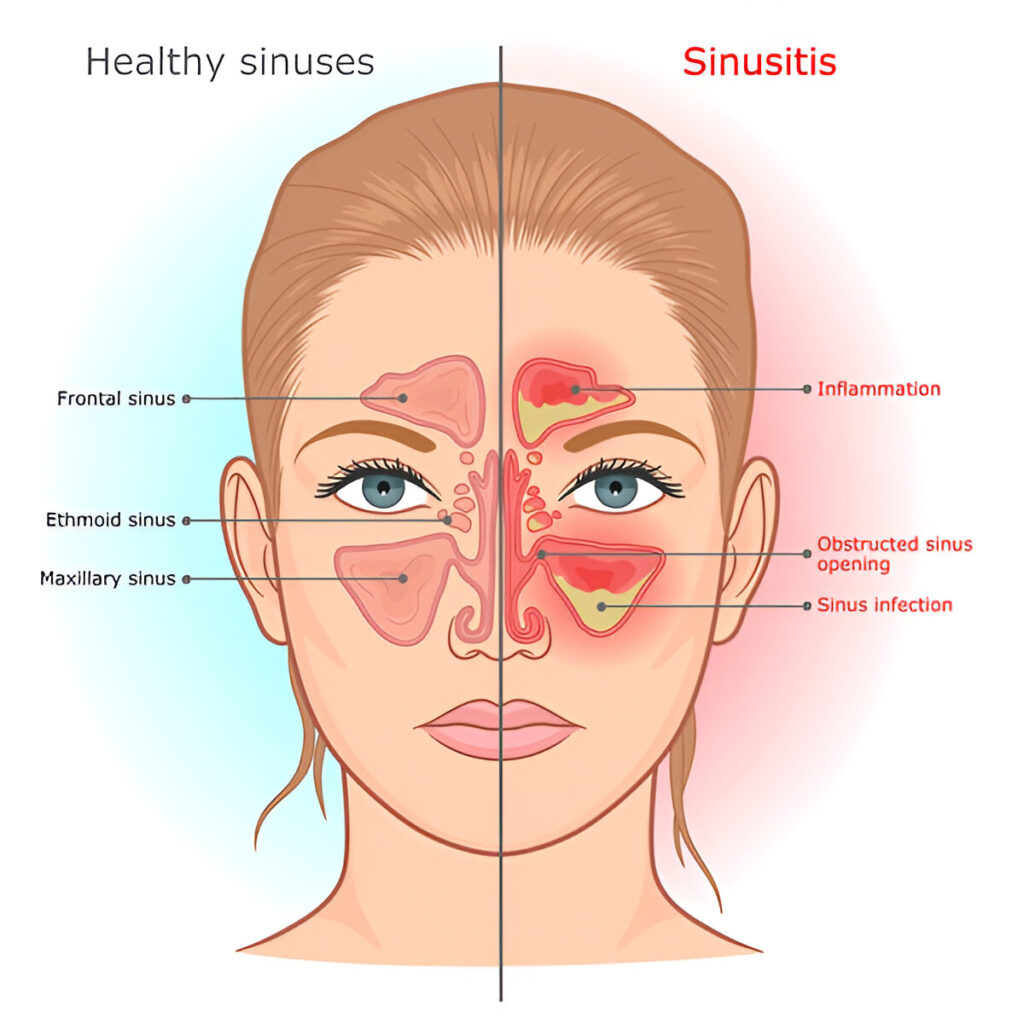
Nasal Congestion & Referred Pain:
Blocked nasal passages can cause pain signals to spread to nearby areas, making it feel like your teeth or gums are hurting.
Dehydration & Reduced Saliva:
Cold medicines, fever, and low water intake dry out your mouth. Less saliva increases tooth sensitivity and irritation.
Underlying Dental Problems:
Cavities or gum infections may flare up when your immune system is weakened, making you notice pain during a cold.
What does tooth pain from a cold feel like?
Tooth pain linked to a cold feels slightly different from typical dental pain. People often describe it as:
- A dull, pressure-like ache in the upper back teeth.
- Pain that intensifies when leaning forward or lying down.
- Generalized pain across several teeth rather than one specific tooth.
- Sometimes radiating to the cheeks, jaw, or temples.
If the pain feels sharp, localized, or doesn’t ease once your cold improves, it may not be sinus-related, it could be a true dental issue.
Can a cold cause pain in lower teeth?
While sinus pressure usually affects the upper teeth because they are near the maxillary sinuses, some people also report discomfort in their lower teeth during a cold. This is less common and may happen due to:
Jaw Muscle Strain: Congestion and mouth breathing can make you clench your jaw, putting stress on lower teeth.
Referred Pain: Nerve pathways from the sinuses can sometimes radiate pain downward, making it feel like the lower teeth hurt.
Underlying Dental Issues: Cavities, gum infections, or sensitive roots in the lower teeth may flare up when the immune system is weakened.
If your lower teeth hurt during a cold and the pain doesn’t resolve once you recover, it’s more likely to be a dental issue than just sinus pressure.
Home remedies for tooth pain during a cold
While you recover, there are safe and effective ways to reduce tooth pain:
- Steam Inhalation: Clears mucus and relieves sinus pressure, reducing tooth discomfort.
- Warm Salt Water Rinse: Natural disinfectant that soothes gums and keeps your mouth clean.
- Stay Hydrated: Drink warm fluids to prevent dry mouth and support healing.
- Over-the-Counter Pain Relief: Medications like ibuprofen help reduce pain and inflammation.
- Use a Humidifier: Moist air helps clear nasal passages, lowering sinus pressure.
- Stick to Soft Foods: Avoid crunchy or very cold foods that could worsen sensitivity.
When should you see a dentist or doctor?
Tooth pain from a cold usually improves once congestion clears. But consult a professional if you notice:
- Pain lasting more than a week after cold recovery.
- Sharp or severe pain in one tooth only.
- Gum swelling, redness, or pus.
- Fever or signs of a severe sinus infection.
Pro tip: Don’t assume every cold-related toothache is “just sinuses.” Sometimes, a hidden cavity or gum infection can be revealed during illness.
How to prevent tooth pain during future colds?
You may not be able to avoid colds completely, but you can minimize related tooth pain:
- Boost Your Immunity: Eat vitamin-rich foods, get quality sleep, and exercise.
- Maintain Oral Hygiene: Brush and floss even when you feel unwell.
- Stay Hydrated: Fluids keep your mouth moist and protect against irritation.
- Use Humidifiers: Reduce sinus congestion in dry environments.
- Schedule Regular Dental Visits: Preventive care helps rule out hidden dental issues.
Conclusion
Tooth pain during a cold is usually linked to sinus congestion and pressure, not the teeth themselves. Although most cases heal on their own, persistent pain may indicate an underlying dental problem. Listen to your body: if discomfort lingers, see a dentist for peace of mind and proper care.
Frequently Asked Questions
Yes. Inflamed sinuses can press against tooth roots, especially the upper molars, leading to pain.
Cold-related pain is dull, affects several teeth, and improves as you recover. Dental pain is sharp, persistent, and often localized to one tooth.
Usually not. It’s a temporary effect of sinus pressure. However, persistent or severe pain needs evaluation.
Steam inhalation, hydration, salt water rinses, and OTC pain relievers are quick home options.
Leaning down increases sinus pressure, which pushes harder on tooth roots.

